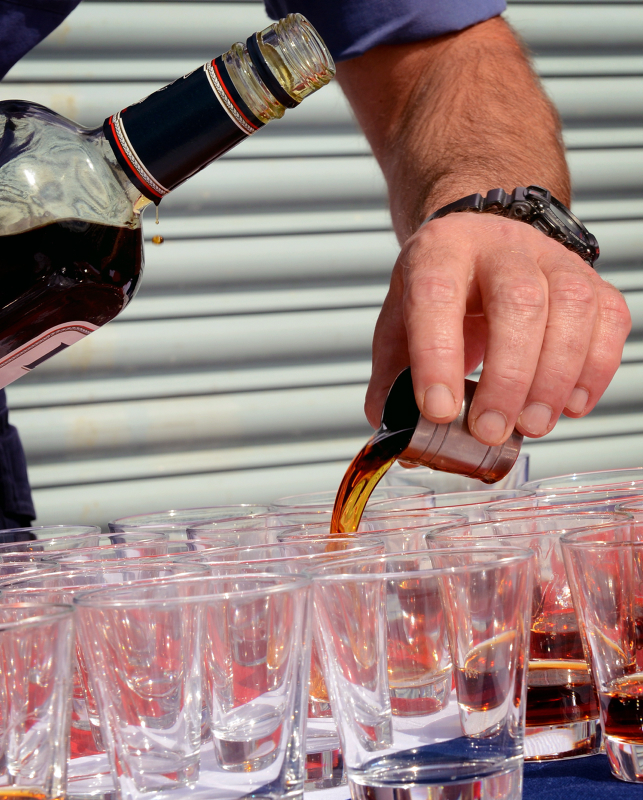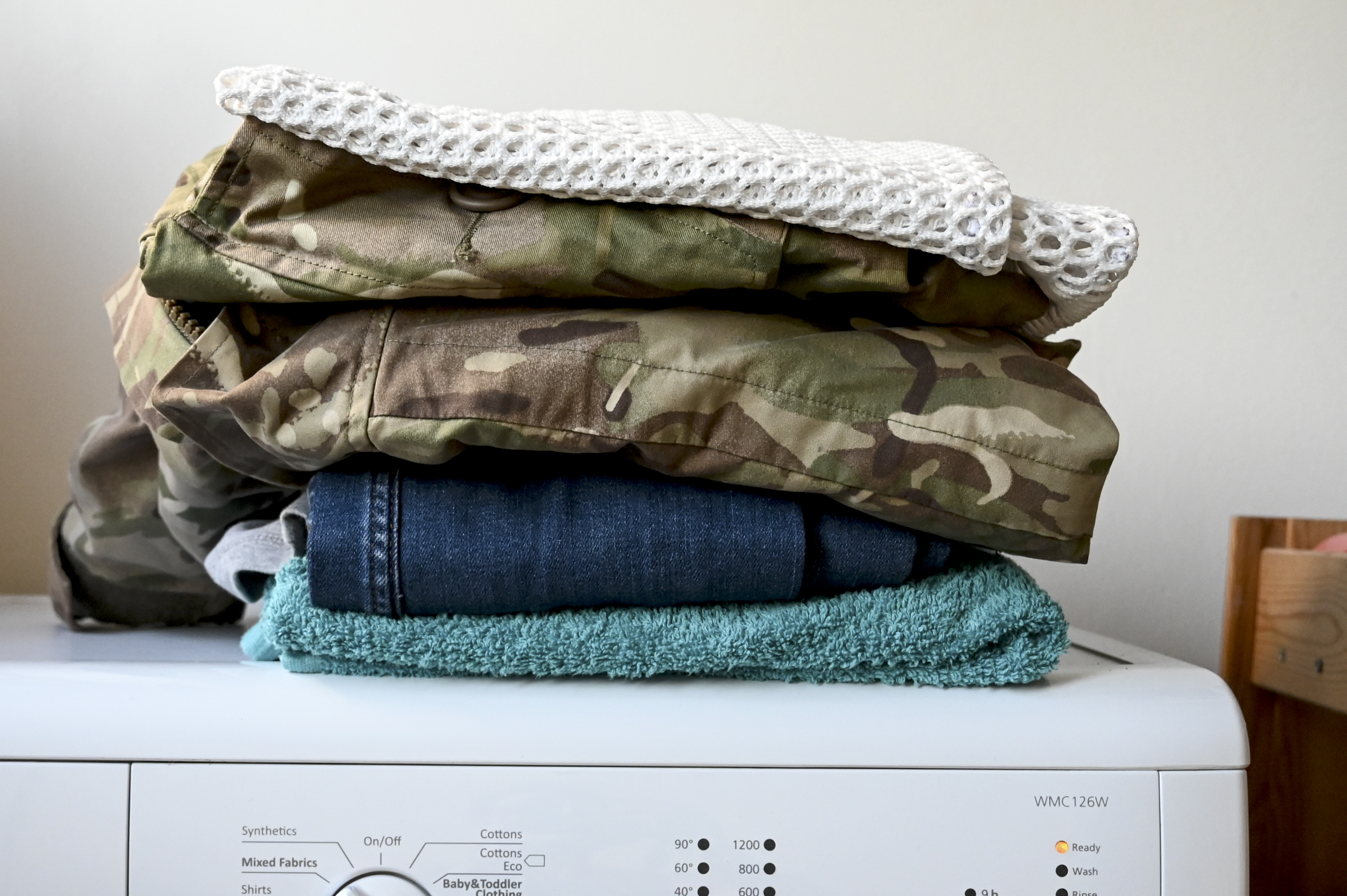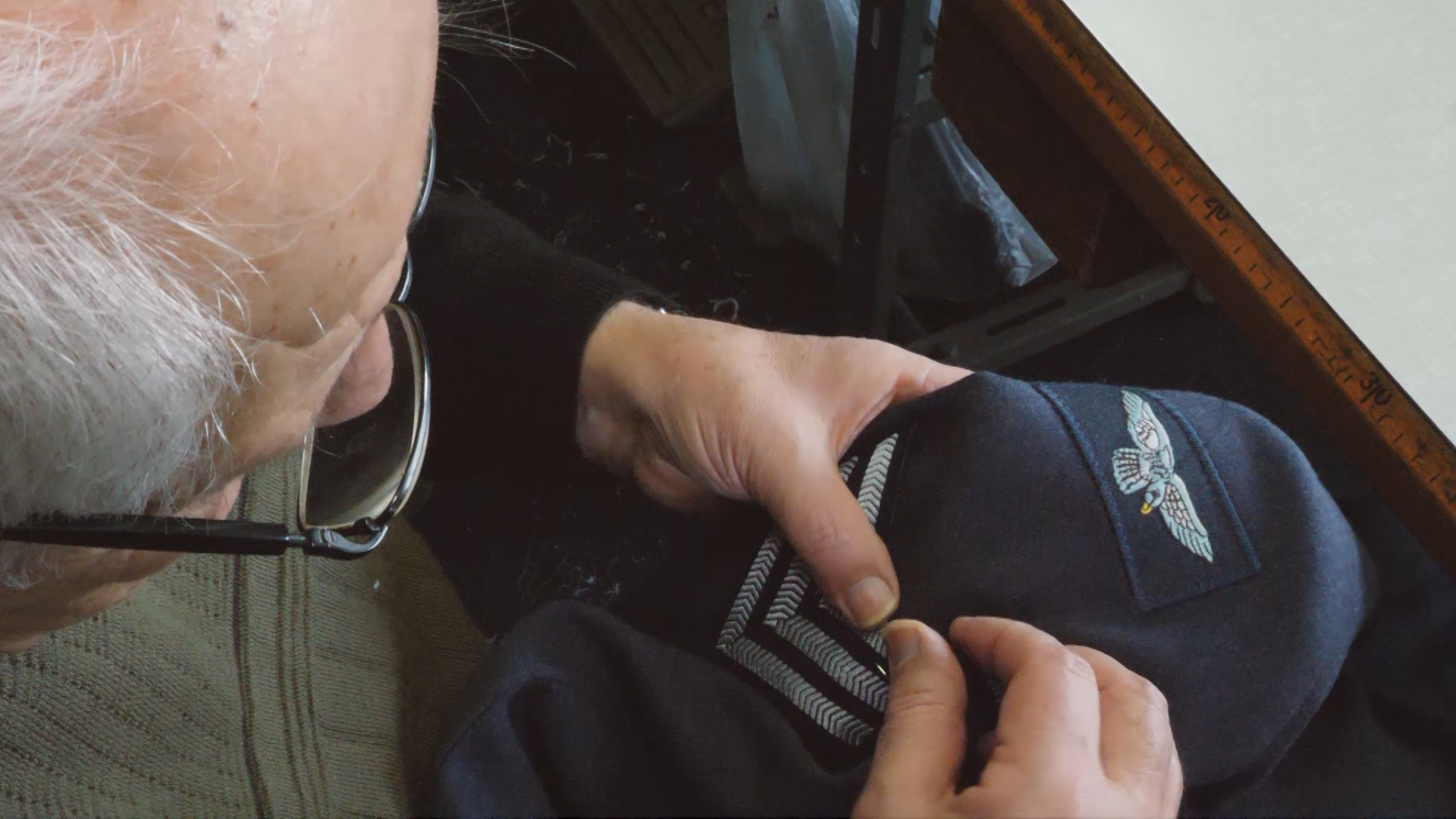
The Dos and Don'ts of the Sergeants' Mess Across the Services

As you move up the ranks in the military and gain promotion, there are some benefits that come with the added responsibility.
Higher rates of pay and better mess facilities are some of the bonuses of the role.
That means finer foods and accommodation and perhaps a generally higher standard of living.
Some might argue that the rules of the Sergeants’ Mess are stricter than, for example, the Officers' Mess.
This is because when officers come out of Sandhurst, they automatically gain access to such messes for the rest of their career, and so the privilege comes with the status.
For sergeants, it can take many years to climb the promotional ladder, earn that third stripe and gain entrance to the mess, and so the thinking goes that they go the extra mile to make sure their hard-earned traditions and standards are upheld and not taken for granted.
What is a mess?
A mess is an area where military personnel eat, socialise and (sometimes) live.
Why is it called a mess?
It derives from the old French word 'mes' which means a 'portion of food'.
How many types of messes are there?
Most camps have three, which include an Officers' Mess, a Junior Ranks' Mess and a Sergeants' Mess. Some larger camps may have more that could include a Corporals' Mess or others to accommodate lodger units (for example on an Army base there might be an additional RAF Mess). Many camps have a combined Warrant Officers and Sergeants' Mess due to small numbers and budgets.
What are the different names for Sergeants' Messes?
The equivalent for the Royal Navy is the Warrant Officer and Senior Rates' Mess and the Army may call theirs either a Warrant Officers and Sergeants' or Serjeants' Mess, depending on the regiment.

Social Events
Mess dinners and events can be raucous occasions and 'port fines' (sometimes rum for the Navy) is accepted currency for misdemeanours.
In certain Army messes, there's a box containing a bottle of port with an optic that's free to drink, but if the bottle runs out while yours is being poured, the next bottle is on you.
Anybody 'ringing the bell' is expected to buy a round at the bar.
Newly promoted sergeants are expected to buy a round for everyone, as well as those who are newly married or celebrating the birth of a new baby.
Mess members are responsible for guest's behaviour at all times and must not leave before their guests.
It's also considered rude to have guests in the bar without a drink in their hand.

Etiquette
Rather than dump anything coming out of the washing machines and dryers into a pile, you are expected to move into the dryer, or fold all the clothes into a neat pile.
Fagan’s Corner
'Fagan’s Corner' is an area in the mess where members keep items they have 'appropriated' from other messes or places they have visited and may include unusual items like a decommissioned AK47 rifle.
Presents
When moving onto your next posting it's customary to buy a leaving present. One sergeant had a pillow embroidered with his initials, so that others may have a soft place to rest their head whilst using the urinal.

What are the downsides?
The rules. As with everything else in the military, there are Joint Service Publications (JSPs) to govern conduct in all messes.
Dress Code
Trousers and a collared shirt must be worn in dining areas unless otherwise specified (no jeans, trainers, sports clothes or flip-flops).
Unless on duty, personnel shouldn't be in uniform in the bar after 19:00.
Once promoted, sergeants are expected to purchase Mess Dress (grants are available).
Food
Dining takes a bit longer in the mess as meals are made to order.

Mess Bills
Bills are paid monthly, and you can't put alcohol on your tab.
Monthly Subs
Monthly fees are also paid, and the money goes towards a variety of things, like events and upkeep.
Extra Duties
Members are expected to contribute time and effort towards the mess and take on specific roles, which can include maintenance or events organisation, but can be good to have when it comes to the Servicepersons' Joint Appraisal Report (SJAR) reporting time which appraises performance and other attributes.









